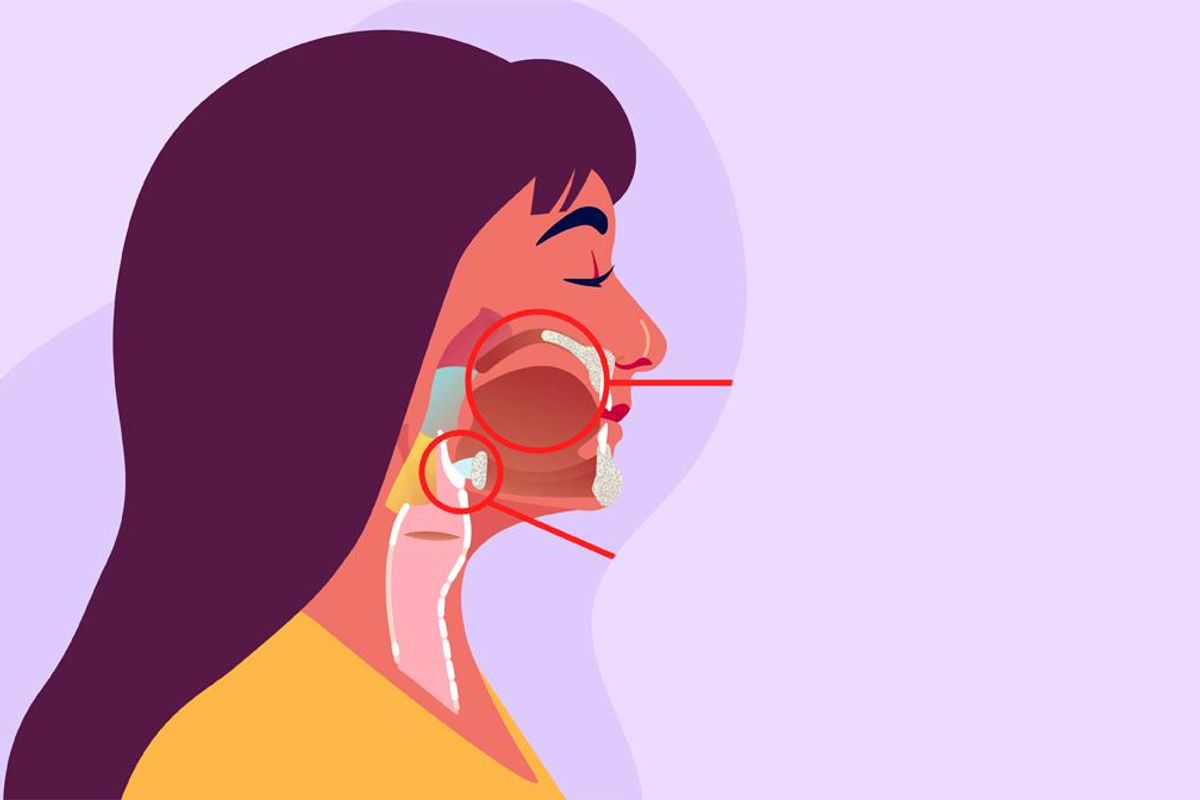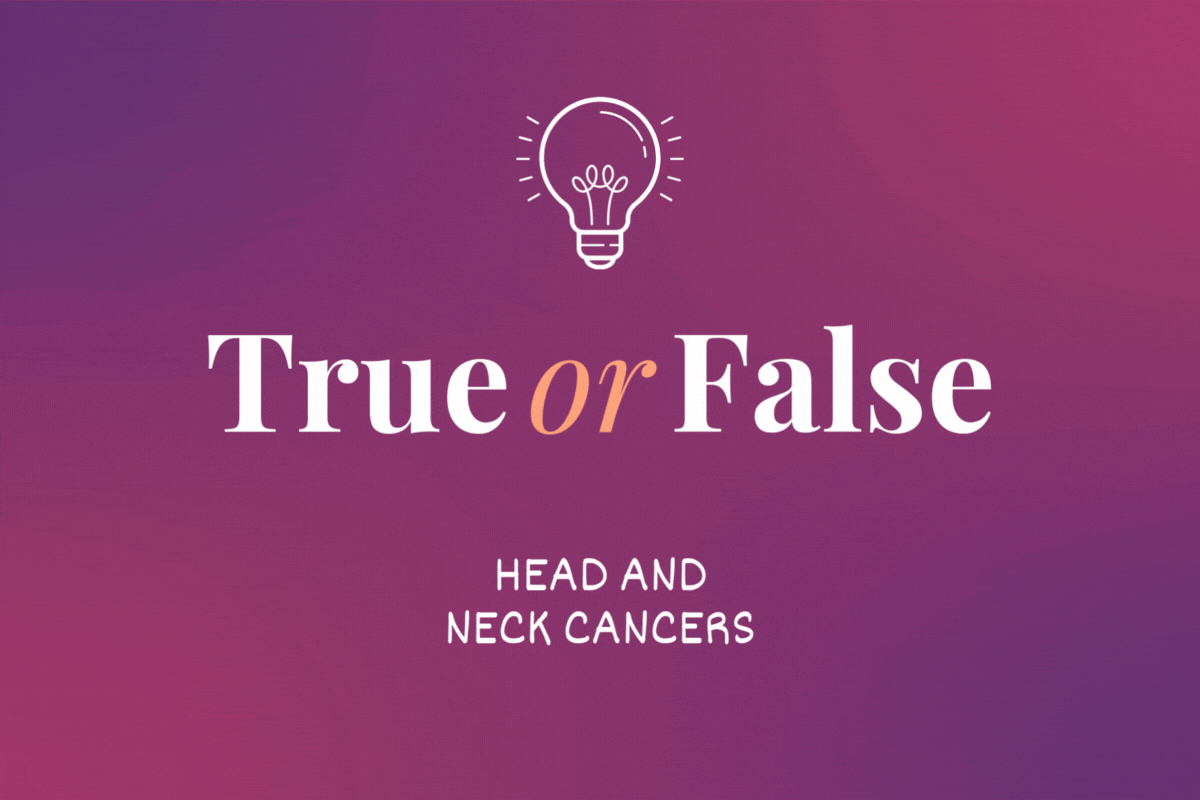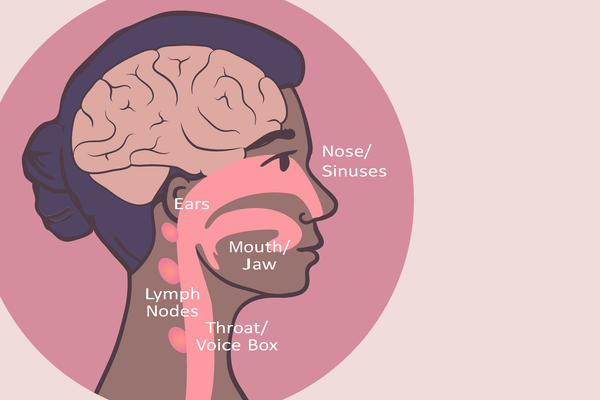Over the past 20 years, cases of throat cancer, a type of head and neck cancer known as oropharyngeal cancer, have increased — specifically those associated with human papillomavirus (HPV).
HPV is a common sexually transmitted virus, and is thought to be the cause of 70% of oropharyngeal cancers.
What is head and neck cancer?
Head and neck cancer occurs in the throat, voice box, sinuses, oral cavity and salivary glands.
Oropharyngeal cancer is a type of head and neck cancer that affects the back of the throat, including the base of the tongue and the tonsils.
Risk factors for most head and neck cancer include smoking and frequent and heavy alcohol use. HPV, which is known to cause cervical cancer, has also been found to be a risk factor for head and neck cancer, specifically for oropharyngeal cancer.
Oropharyngeal cancer is becoming more common. Why?
Researchers think more people are taking part in oral sex, which can cause HPV to show up in the head and neck region.
It is unclear if HPV alone is enough to cause oropharyngeal cancer, or if other risk factors (such as smoking or alcohol use) interact with HPV to cause these cancers.
Head and neck cancer caused by HPV responds better to treatment
People whose head and neck cancer is caused by HPV respond to treatment better than people whose cancer is related to smoking or unknown causes.
Researchers think HPV-caused head and neck cancer may respond better to treatment because of the way the virus changes the DNA of the cells that repair damage.
What are ways to lower my risk of HPV-related head and neck cancer?
- During oral sex, use condoms and dental dams, which offer some protection from HPV.
- Limit the use of alcohol and don’t smoke or use smokeless tobacco products.
- Ask your healthcare provider about the HPV vaccine. The HPV vaccine is approved to help prevent head and neck cancer as well as cervical cancer. The HPV vaccine can also protect children from HPV before they are exposed to the virus.
This resource was created with support from Merck.
- Understanding Head and Neck Cancer ›
- Fast Facts: What You Need to Know About Head and Neck Cancer ›
- 7 Ways to Reduce the Risk of Head and Neck Cancers ›
- Locations of Head and Neck Cancer ›
- An Ordinary Toothache Turned Out to Be a Rare Form of Cancer - HealthyWomen ›
- Tips for Head and Neck Cancer Caregivers - HealthyWomen ›
- True or False: Head and Neck Cancers ›







